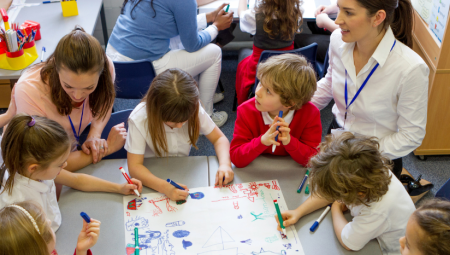Background
Since the start of the COVID-19 pandemic, many youth have sought help for their mental health. Those who do get treatment want mental health services to help as much as possible. While treatment guidelines are based on scientific evidence, this does not mean that services work in the “real world” as they do when tested in a study. We still don’t know whether and how services received help youth with different types of problems, and whether some youth find treatment works better for them than others.
Project Aims
This proposal aims to use data from community studies to:
- assess the effectiveness of community MHS on CYP’s mental health and functioning compared with those who do not access treatment
- better understand which MHS contacts are helpful for whom (moderation) and why (mediation)
- determine whether prior contact with MHS protect CYP against pandemic-related impairments and under what circumstances.
Project Activity
PPI groups of young people who have used community mental health services and their carers, and those who are involved in organising and delivering treatment, will give input into all steps of the research. For this whole project, we are focussing on youth from ages 11-24 years, since many mental health problems emerge during this age range. In a qualitative study, young people who have had MHS contact, and their parent or carer will be invited to participate in interviews. The main focus of these interviews will be exploring why services worked or did not work for them, and what factors affected their experiences of treatment.
For the remaining steps, we are analysing data from large, representative community samples of youth in the UK. We will use information from the PPI and interviews above to guide us in the important factors to look at. We seek to understand young people’s mental health problems over time, reported by themself, their parent or teacher, and how this may be related to their MHS contacts. We are also interested in understanding those who needed MHS but didn’t access services, to act as a comparison group to those who did access services. We will look at mental health problems like anxiety, depression, self-harm, conduct problems, and functional outcomes like well-being, quality of life, family and peer relationships. Outcomes will also come from linked educational records (attainment, attendance, exclusion) and linked health records (A&E attendance for self-harm, suicide attempts, drunkenness, drug overdose).
For the data analysis, we will look at how mental health service contacts changed over time before and during the COVID-19 pandemic, to understand why service contacts changed. For example, why mental health contacts shift from primary care or education based to specialist services. We are also comparing the mental health and functioning of young people over time before the pandemic for those who do not get treatment compared to those who do get treatment. We will then extend these models to understand why treatment works and for whom. Finally, we will repeat the previous two steps but using outcomes which extend into the pandemic.
Anticipated or actual outputs
The patient, caregiver, and professional stakeholder advisory groups and I will co-produce recommendations for clinicians, planners, and policymakers of:
- how services can be personalised and improved for youth at risk of poorer outcomes
- what impairments are likely to remain and require further treatment following mental health treatment
- how to identify individuals who may be at risk of continued mental health and related problems stemming from the pandemic.
In addition to writing reports and academic manuscripts, we will coproduce a short, animated video to share findings online, including through mental health charities and schools.
Papers/resources associated with this project
Neufeld SAS, Dunn VJ, Jones PB, Croudace TJ, Goodyer IM. Reduction in adolescent depression after contact with mental health services: a longitudinal cohort study in the UK. Lancet Psychiatry. 2017 Feb;4(2):120-127. doi: 10.1016/S2215-0366(17)30002-0.
Who is involved?
- Dr. Sharon Neufeld (PI, corresponding)- University of Cambridge
- Ms. Miriam Yang- University of Cambridge
- Dr. Anne-Marie Burn- University of Cambridge
- Prof. Tamsin Ford- University of Cambridge
- Dr. Matthias Pierce - University of Manchester
- Dr. Tamsin Newlove-Delgado - University of Exeter
Contact
sasn2@cam.ac.uk





